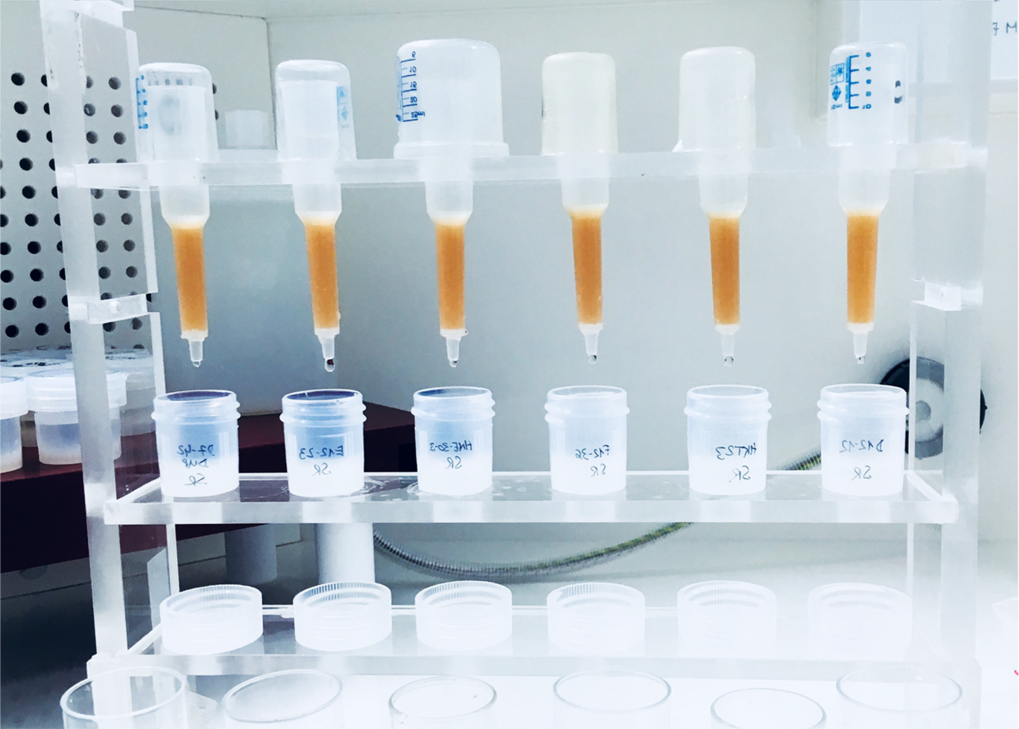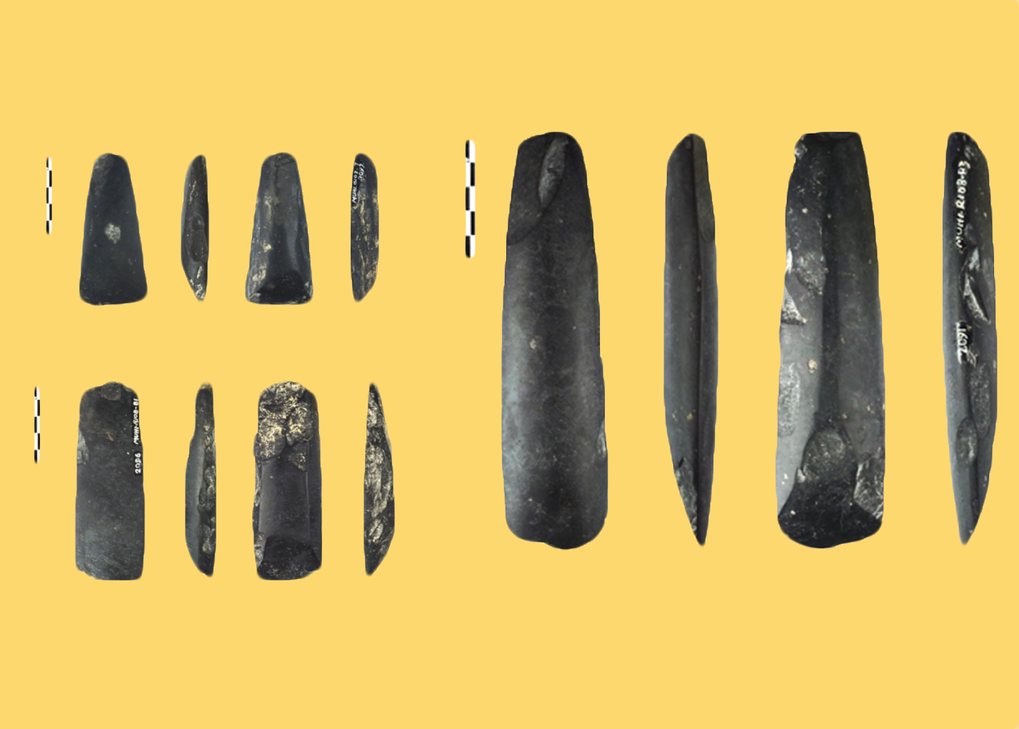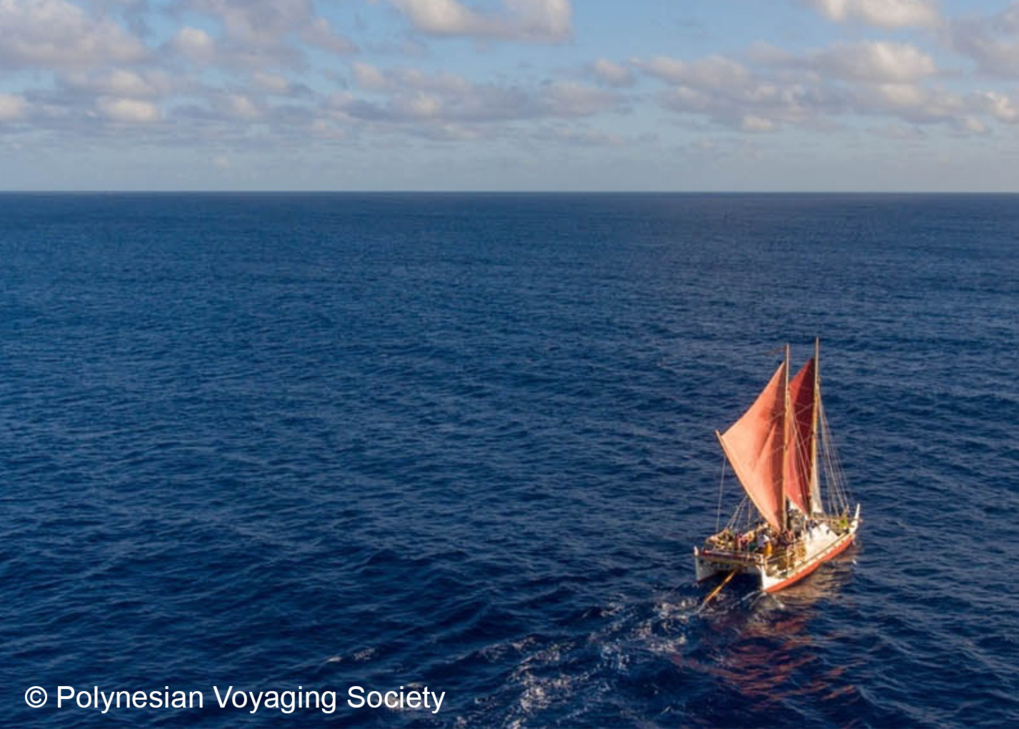Call for applicants: Internship in archaeometry
Enviado por Elvin Joel Estrada Garcia el
Foros:
Fecha Límite:
Max Planck Institute for the Science of Human History Jena (Germany)
Institut de Physique du Globe in Paris (France)
Project title: Archaeometry of interisland mobility in Oceania in the last 3000 years: geochemical study of Polynesian and Melanesian artefacts.
Principal Investigators:
Aymeric Hermann, Max Planck Institute for the Science of Human History. Catherine Chauvel, Institut de Physique du Globe de Paris, UMR CNRS 7154.
Duration: 6 months (January – June 2019, dates are flexible)
Background:
Crossing variable distances between islands and archipelagos was a perpetual challenge for the populations who settled the Pacific islands of Remote Oceania over the last 3000 years. The settlers of Pacific islands were endowed with great navigational skills and technology, they were therefore able to set up and maintain networks of exchange that could involve different communities from different islands, sometimes separated by very long distances. These long-distance interactions helped in facing harsh ecological conditions, in finding political asylum, and in organizing exogamic exchange. Exchange systems have always been a major focus of research in the anthropology of Pacific island societies, for both ethnographers and archaeologists. A long-standing interest in trade and exchange networks is rooted in the seminal work of Bronislaw Malinowski, Edmund Leach, Thomas Harding and many others, who provided well-documented descriptions of inter-island exchange networks in northern Melanesia. Overall, the studies of exchange systems in Oceania have famously contributed to theoretical advances regarding the concept of value, the appearance of currency (or proto-money), and more generally, the understanding of economic and political organizations in non-industrial/capitalistic societies. Most of the interaction networks described by ethnographers involved the transfer of goods from one island to another. Pacific archaeologists also use artefacts as hard evidence to infer patterns of interaction, and particularly when emphasizing exotic provenances in the archaeological record: mainly pottery sherds and obsidian tools in the western Pacific, basaltic artefacts in tropical Polynesia, and a wider range of volcanic, sedimentary, and metamorphic rocks in New Zealand. In the past 20 years, archaeologists have benefited from technical developments and from a greater accessibility to lab procedure. In turn, provenance analyses of artefacts provided new elements to highlight external exchange in Oceania, which imply that no Pacific island society can be considered as a closed system evolving in complete isolation any more.
Goals and content of the project:

The intern will be part of a multidisciplinary team that is currently producing new archaeometric data on the evolution of exchange systems among Pacific island societies since the first settlement 3000 years ago. We provide hard evidence for interisland transfers of stone material and artefacts based on a comparative approach of archaeological and geological (source) samples geochemical signatures. This approach depends largely on the development of spectrometric techniques, which provide the data necessary to distinguish potential natural sources for each archaeological item. Although, geochemical signatures based on elemental analyses can overlap between different islands and archipelagos, therefore this innovative project integrates the analysis of radiogenic isotopes of lead (206Pb/204Pb, 207Pb/204Pb, 208Pb/204Pb), strontium (87Sr/86Sr), and neodymium (143Nd/144Nd) along with major and trace element analyses, in order to provide unambiguous evidence of intra- and inter-island interaction networks among Pacific island communities.
The internship will be funded by the Max Planck Institute for the Science of Human History (Jena, Germany) and will mostly be held at the Institute for Earth Physics in Paris (France), where the intern will operate under the supervision of Catherine Chauvel while preparing and processing archaeological samples in order to measure their isotopic compositions. The intern will be instructed about hygiene and safety standards of the lab beforehand. The internship will also involve two weeks at the Max Planck Institute for the Science of Human History in Jena in order to analyze the results and write up a report.
Desired profile:
Graduate and Master students may apply for this internship. Applicants with a background in archaeology or anthropology will be considered in priority. A background experience in a chemistry lab is not necessary, but applicants that can demonstrate a genuine interest for lab work will be considered in priority. Experience and interest in the Pacific islands and Pacific island societies would be a plus.
Terms and conditions of the internship:
The intern will be granted 700 € / month, as well as a travel allowance for the trip between Paris and Jena.
Contact:
Please send your CV and an application letter to Aymeric Hermann (hermann@shh.mpg.de) before the 30st of November 2018.









